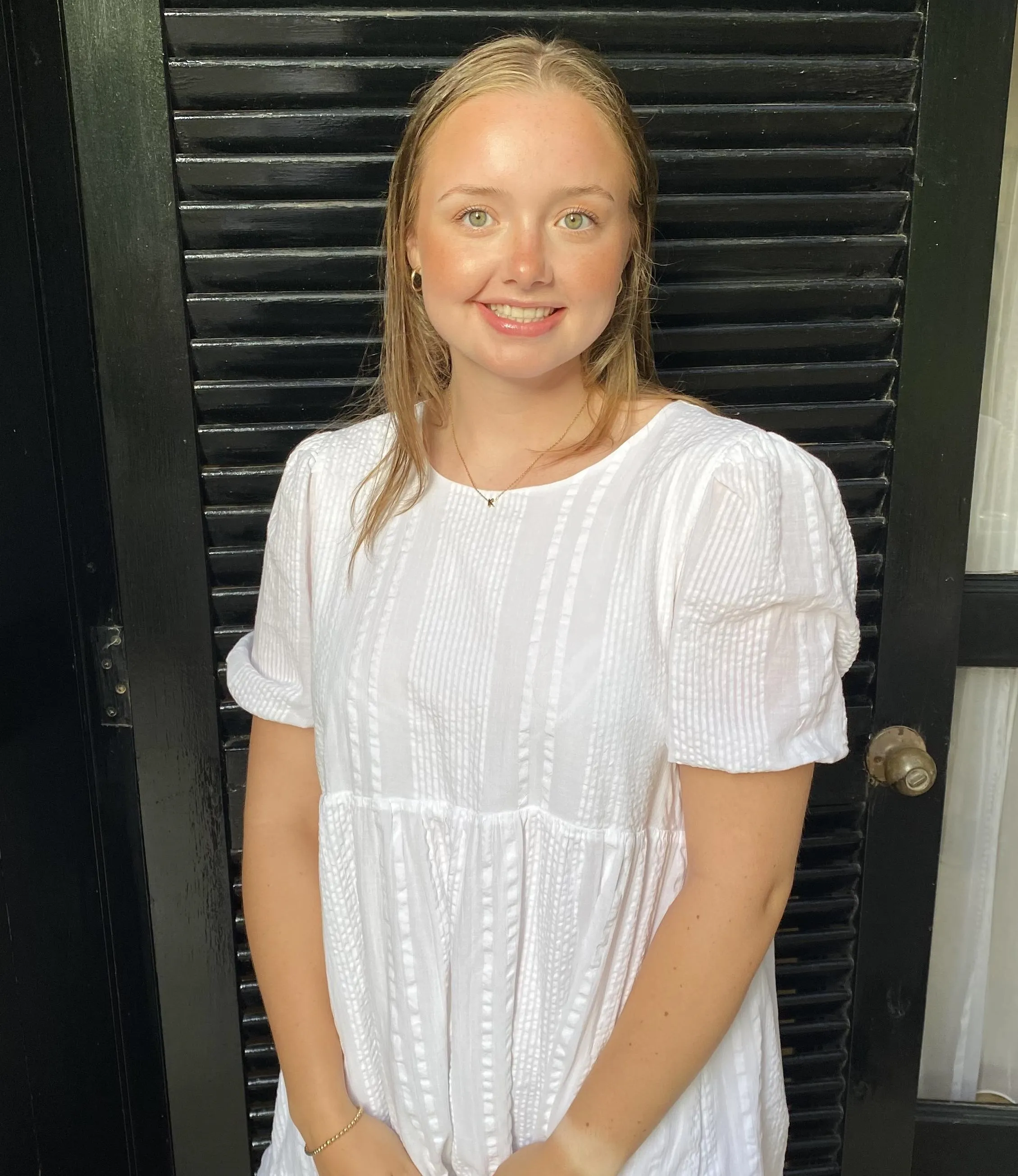Open days and events
Chat with current students and King's staff to find out about the courses we offer, life at King's and ask any questions you may have.
Studying the Global Health, Social Justice and Public Policy MSc at King’s College London, you’ll unpick the most pressing global health challenges from an interdisciplinary and critical perspective. You’ll examine the diverse political, economic, social, and cultural contexts that impact health at the local, national and global levels, focusing on social justice, equity and public policy. Covering topics such as inequalities in preventable mortality, disability, climate change, reproductive rights, pandemic preparedness and access to health care across countries, it will help you to develop advanced skills in the critical analysis and possible solutions for the most pressing global health inequalities.

“Since starting this program, I have been very pleased with the welcoming and supportive community that I have found at King’s College London. King’s is home to an incredible community of passionate, encouraging and kind individuals who are supportive of peoples’ endeavours to be involved with the greater global community. ”
Graduates from this course have gone on to the following destinations:
• Policy (e.g., Nuffield Trust, King’s Fund, UK Biobank Ethics & Governance Council, membership organisations like the British Pharmaceutical Society)
• National and international NGOs (e.g. NCD Alliance, Wellcome Sanger Institute, Cancer Research UK, British Lung Foundation, Médecins Sans Frontières, Gates Foundation, Malaria No More, Care UK, Prostate Cancer UK, International Longevity Centre (ILC), Rethink Mental Illness, National Voices, The Health Foundation, Muslims in Public Policy)
• Government (Department for Health & Social Care, Department for Levelling Up, Housing & Communities, public health officer in local government, Human Fertilisation & Embryology Authority, Health Research Authority, Parliamentary Office of Science & Technology)
• Private sector (e.g., management consultancy, market research, political affairs, pharmaceutical companies, think tanks, health start-ups, independent research institutes, science communication)
• Academia (postdoctoral study, lecturing and other roles in universities).
Curious to find out more? Access on-demand content including taster lectures and talks, and meet our current staff and students on our subject hub page.
Graduates from this course have gone on to the following destinations:
• Policy (e.g., Nuffield Trust, King’s Fund, UK Biobank Ethics & Governance Council, membership organisations like the British Pharmaceutical Society)
• National and international NGOs (e.g. NCD Alliance, Wellcome Sanger Institute, Cancer Research UK, British Lung Foundation, Médecins Sans Frontières, Gates Foundation, Malaria No More, Care UK, Prostate Cancer UK, International Longevity Centre (ILC), Rethink Mental Illness, National Voices, The Health Foundation, Muslims in Public Policy)
• Government (Department for Health & Social Care, Department for Levelling Up, Housing & Communities, public health officer in local government, Human Fertilisation & Embryology Authority, Health Research Authority, Parliamentary Office of Science & Technology)
• Private sector (e.g., management consultancy, market research, political affairs, pharmaceutical companies, think tanks, health start-ups, independent research institutes, science communication)
• Academia (postdoctoral study, lecturing and other roles in universities).
Curious to find out more? Access on-demand content including taster lectures and talks, and meet our current staff and students on our subject hub page.
Chat with current students and King's staff to find out about the courses we offer, life at King's and ask any questions you may have.
Annual awards recognise excellent academic achievements, contributions to King’s, and potential for the future
GHSM MSc students reflect on their time at the United Nations in Geneva as participants in the Graduate Study Programme.
Chat to current students and staff to find out about life at King's.
Want to know more about studying at King's? We're here to help.
Discover your accommodation options and explore our residences.